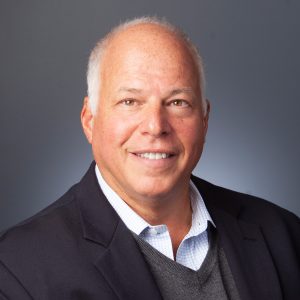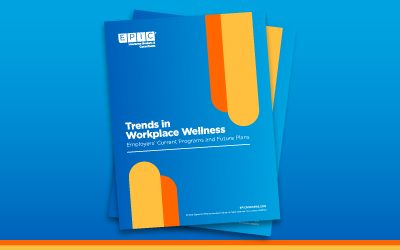Home / Insights / Viewpoints / Traditional Insurance Carriers Are Reimagining Healthcare – They Have To
For more of our coronavirus coverage, visit epicbrokers.com/coronavirus
Viewpoints from Craig Hasday
Blue Shield of California has introduced a new program, called “Health Reimagined.” Their press release indicates that “they couldn’t just incrementally improve on a system that’s fundamentally dysfunctional.” Trying to address the needs of increasingly stressed providers, and patients who continually complain about healthcare costs and frustrations with the system, Blue Shield of California is experimenting with a clinic model. It’s no surprise that this initiative is based in California, the operational base of Kaiser Permanente, one of the most successful HMOs ever. Also expanding into direct care is Optum, the UnitedHealth Group unit. Through expanded use of artificial intelligence and greater reliance on telemedicine, these insurers hope to streamline healthcare delivery by eliminating payment and healthcare coordination friction. By employing physicians, these healthcare companies will also eliminate the conflicts of interest which are inherent in a fee-for-service model.
News flash – all of this has been tried before – and other than Kaiser Permanente and some smaller efforts, the care model has not been successful. But these are unique times.
We have not only reached a boiling point on costs but with the pandemic shutdowns vast numbers have joined the ranks of the unemployed and many will be without employer-provided coverage. An article in the New York Times (NYT) highlights that, because of uncertainty about health insurance and employment, many people – even those with severe chronic conditions – are foregoing care. The NYT article cites a recent Kaiser Family Foundation survey that found “nearly half of all Americans say they or someone they live with [has delayed needed care because of coronavirus-related financial issues].”
Also, mental health concerns will add to cost pressures.
Bloomberg Tax reports that alcohol sales in March were up 55% compared with the prior year, and marijuana sales are also surging during the pandemic, according to data analysis from Nielsen Holdings and BDS Analytics. Business Insurance explains the spike in alcohol and marijuana consumption combined with “lack of access to traditional support networks during the pandemic could lead to a number of individuals returning to the workplace with substance abuse issues,” and cites a Mental Health America report that found people “who sought screening for anxiety and depression in May were 370% and 394% higher, respectively, than in January.” The clinic model can more effectively address health status holistically.
The focus on adequate healthcare for all Americans is more intense now than I can ever recall and obviously, employers are also feeling the cost squeeze in this economic tidal wave.
Traditional insurance carriers realize that there is a significant threat to the status quo. So it’s no surprise that Blue Shield of California and UnitedHealth Group are trying different solutions. I applaud the effort.
Something has to give, and to me, it’s clear that incremental improvement will have the best outcome.
Join the conversation – participate in, and see results from, our In It Together pulse surveys on our COVID-19 strategic collaboration and idea-sharing forum. Visit epicbrokers.com/insights/preparing-for-the-new-normal
Related Content
Products
Employee Benefits Consulting
Our dedicated benefits team is focused on delivering better outcomes – to both your benefits program and ...
Products
Wellbeing & Health Management
Our consultants help you create a strategy around health management that will impact your culture and your ...
Products
Compliance
We provide comprehensive consulting services and in-depth education regarding the ever-changing employee ...



